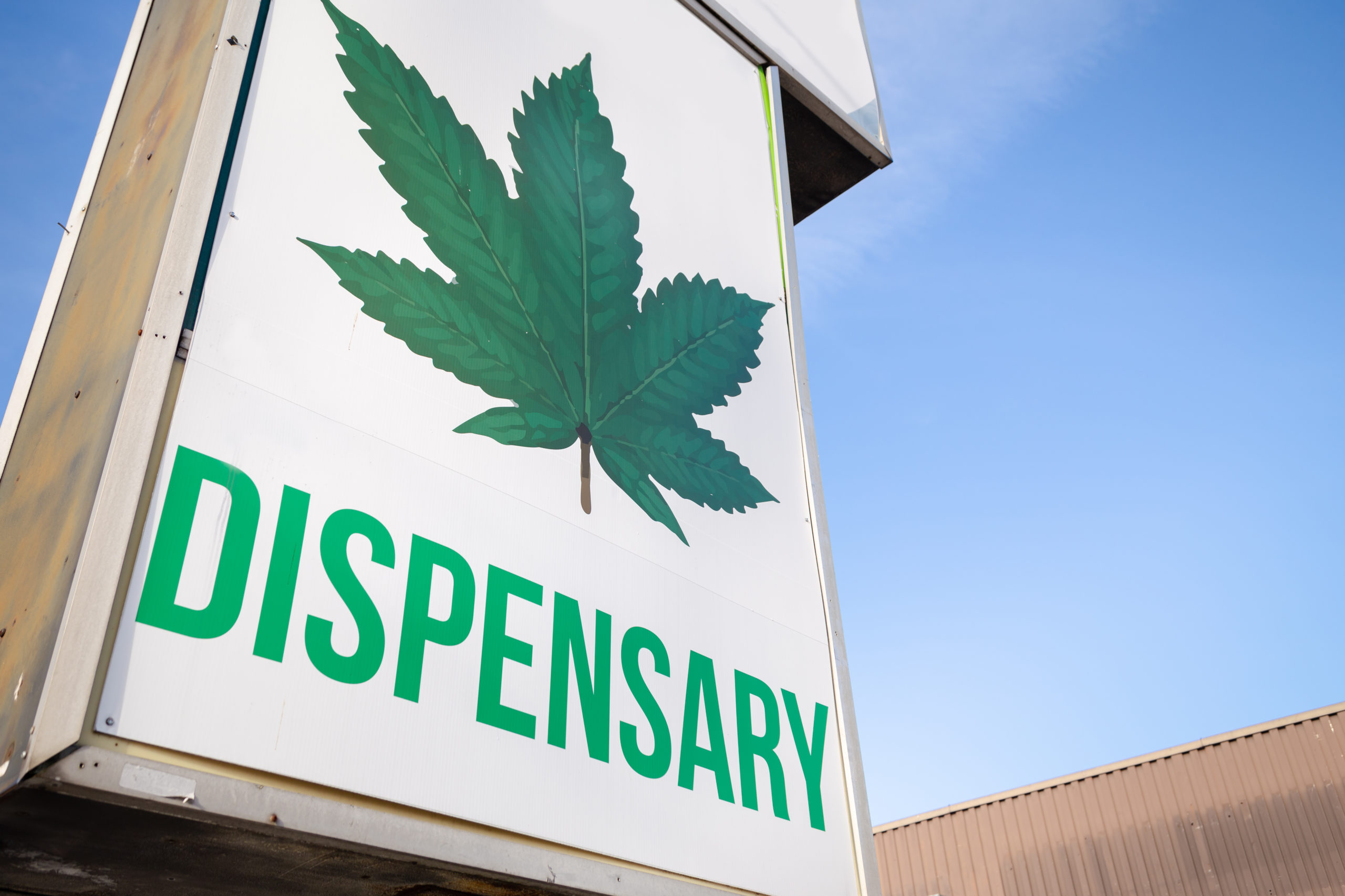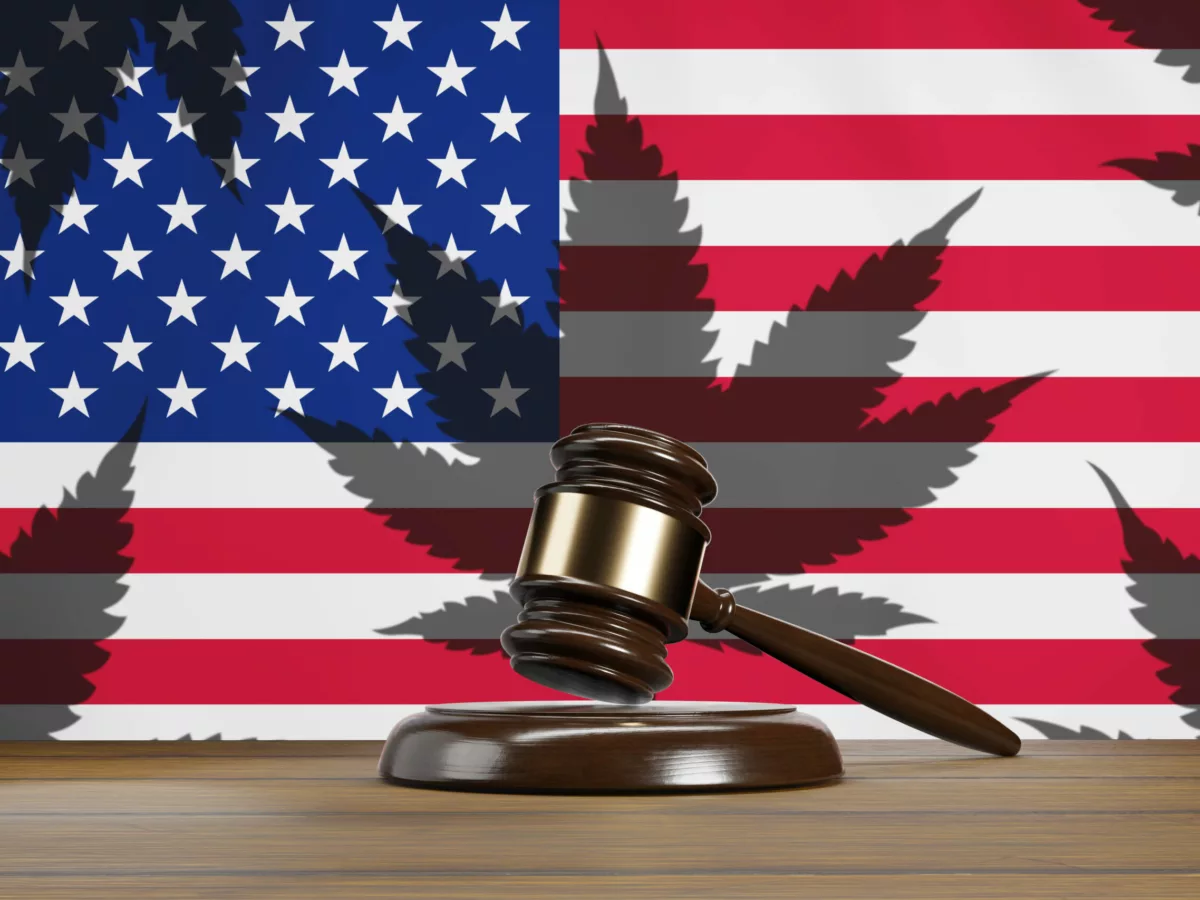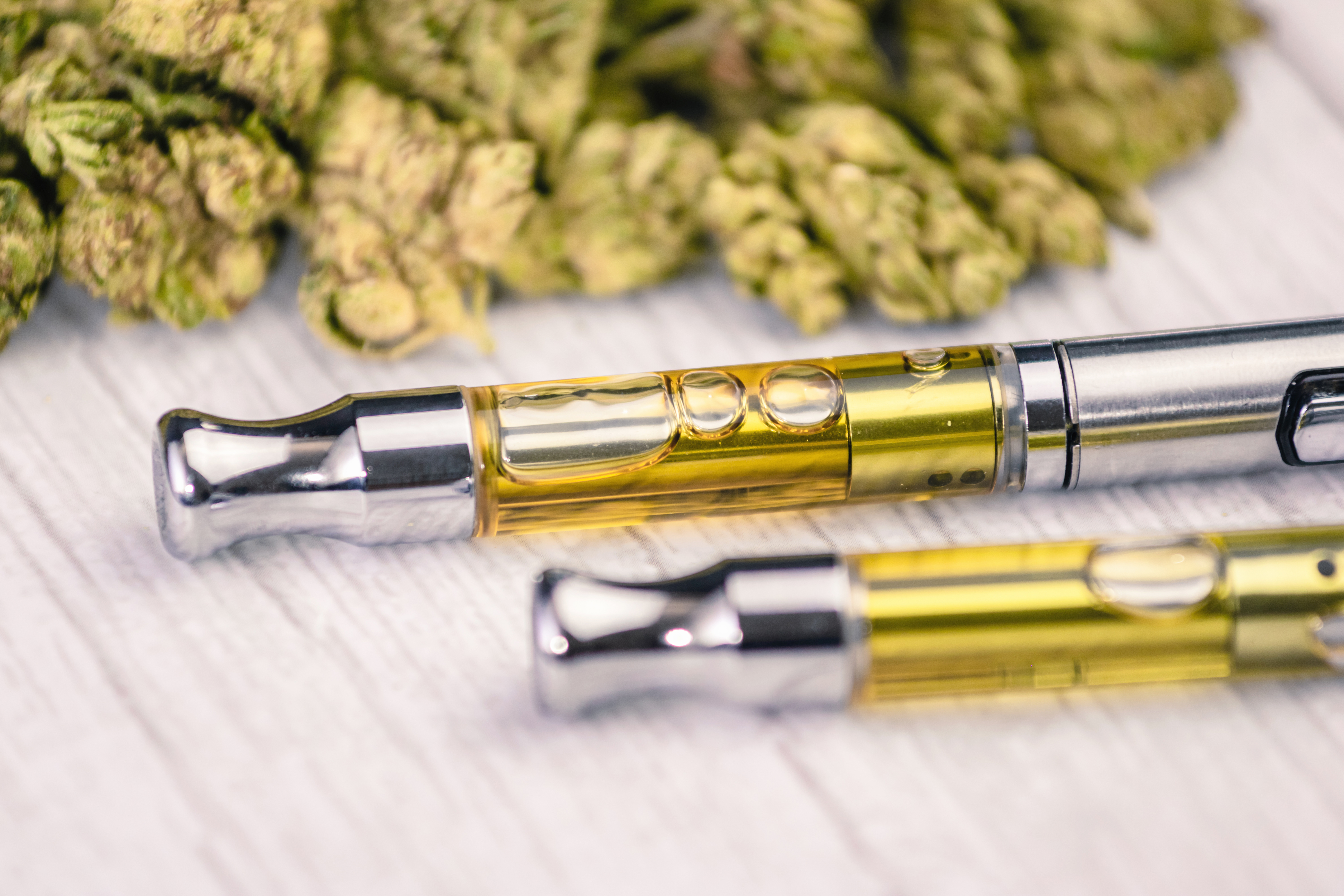Cannabis advocates in Virginia were laser-focused last month on stopping a bill that threatened to devastate the commonwealth’s hemp industry while creating new crimes for pot possession.
Their efforts paid off when the measure was narrowly voted down by the General Assembly, but the passage of another consequential piece of weed legislation may have gotten lost in the shuffle.
House Bill 933 removes the requirement for Virginians to register with the commonwealth to purchase cannabis from a licensed medical dispensary. Come July 1, patients who need medical cannabis will simply need a written certification from a licensed practitioner.
No more going through a wonky website to register, no more waiting for a medical card, and no more paying a $50 fee.
Perhaps surprisingly, it received near-unanimous support from Virginia’s General Assembly and was signed into law by Governor Youngkin on April 12. In a year full of bad news and defeats for cannabis reform, this is one change nearly all advocates are high on.
“Other battles got more headlines. But this is huge,” says JM Pedini, executive director of the advocacy organization VA Norml. “Most states still require registration.”
There are roughly 47,000 registered medical cannabis patients in Virginia, according to a state tally from last month. That means only one half of one percent of Virginia’s 8.6 million residents are registered for medical weed –– a smaller fraction than in nearly every U.S. state. The national average currently sits at 2%, with neighboring Maryland at 2.5%.
Pedini says those low figures can easily be explained by the Virginia Board of Pharmacy’s clunky and confusing process to register online and receive a medical card.
The process is so burdensome that VA NORML’s website now provides detailed instructions on exactly how to register with the state.
It’s been difficult from the start, notes Pedini, because the commonwealth never created a specific platform to register individual patients. For some, this made registering inaccessible.
“They just took the platform that they use to issue licenses to health care providers in the state… and added the word personal to it,” Pedini says. “You can’t do it on your phone. You have to do it on a computer. You can’t do it by mail and it’s only in English.”
Paired with staffing shortages, Virginia’s inefficient process to register for medical weed has created a backlog of nearly 8,000 patient applications. And to top it off, patients haven’t gotten their mailed registration cards in a timely manner due to delays at the U.S. Postal Service.
These issues have “absolutely” contributed to the low number of people in Virginia who are registered patients, says Pedini.
However, a number of positive developments in recent months could go a long way to fix the problem. In November, the Board of Pharmacy declared they would stop mailing physical cards to instead simply email registration numbers.
“Due to continuing issues with the U.S. Postal Mail delivery across Virginia, the Board of Pharmacy ceased routinely issuing physical medical cannabis registration cards,” read the official update. “Once an applicant is approved, he or she will receive an email and may take this email, in either electronic or printed form, to a medical cannabis dispensary to obtain medical cannabis products.”
This simplified the process and removed at least one barrier to patients getting medical cannabis. Patients still have the option of paying $50 for a physical card, which is still required to buy weed at some out-of-state dispensaries.
“Now, you can just go to the dispensary with your number and your written certification [from a licensed practitioner],” says Pedini.
Even with fewer restrictions, there continue to be some hiccups. For one, Norml says emails sent by the Board sometimes land in patients’ spam folders. Plus, the email and certifications sent to patients don’t look particularly official and are often missing the Virginia seal, sometimes leading to issues at out-of-state dispensaries.
But starting July 1, much of that won’t matter since registering with the Commonwealth will no longer be required. Pedini says VA Norml had pushed for this type of legalization for years, but in 2022, it finally passed.
“I’m surprised at how easy this was this year,” Pedini says.
Though many in Virginia’s GOP have vehemently opposed cannabis reform, the effort to scrap the registration requirement was led by Republican Delegate Roxann Robinson of Chesterfield County, located just south of Richmond.
So while retail sales may have to wait until 2024, Virginians will soon be able to walk into a medical cannabis dispensary with just a written certification from their licensed doctor and a government-issued ID. (VA Norml still recommends patients pre-register with their dispensary of choice to avoid long wait times.)
The change in the law could significantly increase the number of medical cannabis patients in Virginia.
Pedini notes the number of medical cannabis patients jumped twice in recent years –– when telemedicine was codified into state law and when more medical dispensaries started opening up. But lifting the need to register may have a bigger impact than both.
“It would probably be the most significant [increase], I would expect,” says Pedini. “Now, you just get your certification and go.”






